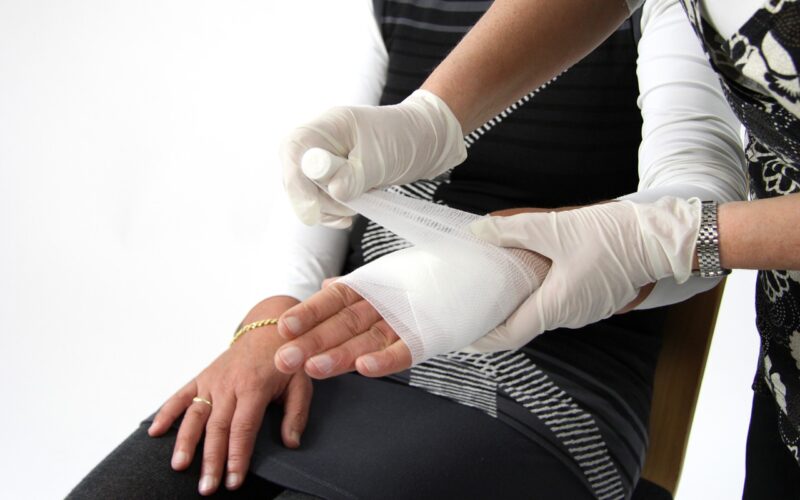Learning to Heal Others
When most people think about workers in the healthcare industry, their minds may often focus on doctors and nurses. They are the people most patients rely on for their annual check ups, getting information or a diagnosis on an existing issue, or they may even be the person taking care of the entire family.
Few people may think about the support staff behind these primary carers, yet they do perform important roles. They often need special training to do their work, and they may also be enrolled in continuing education as their field is upgraded through technological improvements.
Nursing assistants
The majority of hospitals and busy doctor’s offices often have nurses on staff. Their work is to assist the doctor with patients, administer medication, and they may even spend time going over information with patients.
They support the doctor with duties that take more time without being less important. There are times when a helping hand is just what they need, and healthcare assistants fill that role. They must take healthcare assistant courses to be certified. Their job is to assist the patient with tasks the doctor or nurse has prescribed. It can be a good job for friendly people with a caring outlook on life.
Surgery support
Behind the scenes is one of the places few patients want to see when they are ready for surgery. They may not know the staff surrounding them have all taken preoperative assessment training. Any patient might want to simply believe the staff has the necessary schooling and experience to keep them alive as they undergo a procedure.
Hospital administrators take care of ensuring each person on a surgical team is able to fulfil their role competently. An added extra many patients enjoy is the amount of caring and concern these staff members exhibit. They may not be able to cure the patient with kindness, but it can make it easier to get on with treatment.
A heartening experience
Going to the hospital with chest pains may be one of the scariest moments in a patient’s life. They generally believe they are having a heart attack. Many of them are anxious to see a doctor to stop the pain and the damage being done to this important organ.
One thing many of them will recognize is how their heart is being monitored. Hooked up to a machine that beeps and shows wavy lines across a screen, this is the instrument that tells the doctor what is going on inside. The doctor, the nurse, and other staff members may have all had ECG interpretation training. Some of them may have taken the course just recently at A&L Healthcare. They can provide courses that will help refresh or update older skills.
The process to become a worker in any physicians office or hospital can be a long road. Before they can begin to help others, the professionals must take courses and receive training. Their road may take years, or it could just take a few courses before they can begin their healing journey for others.




